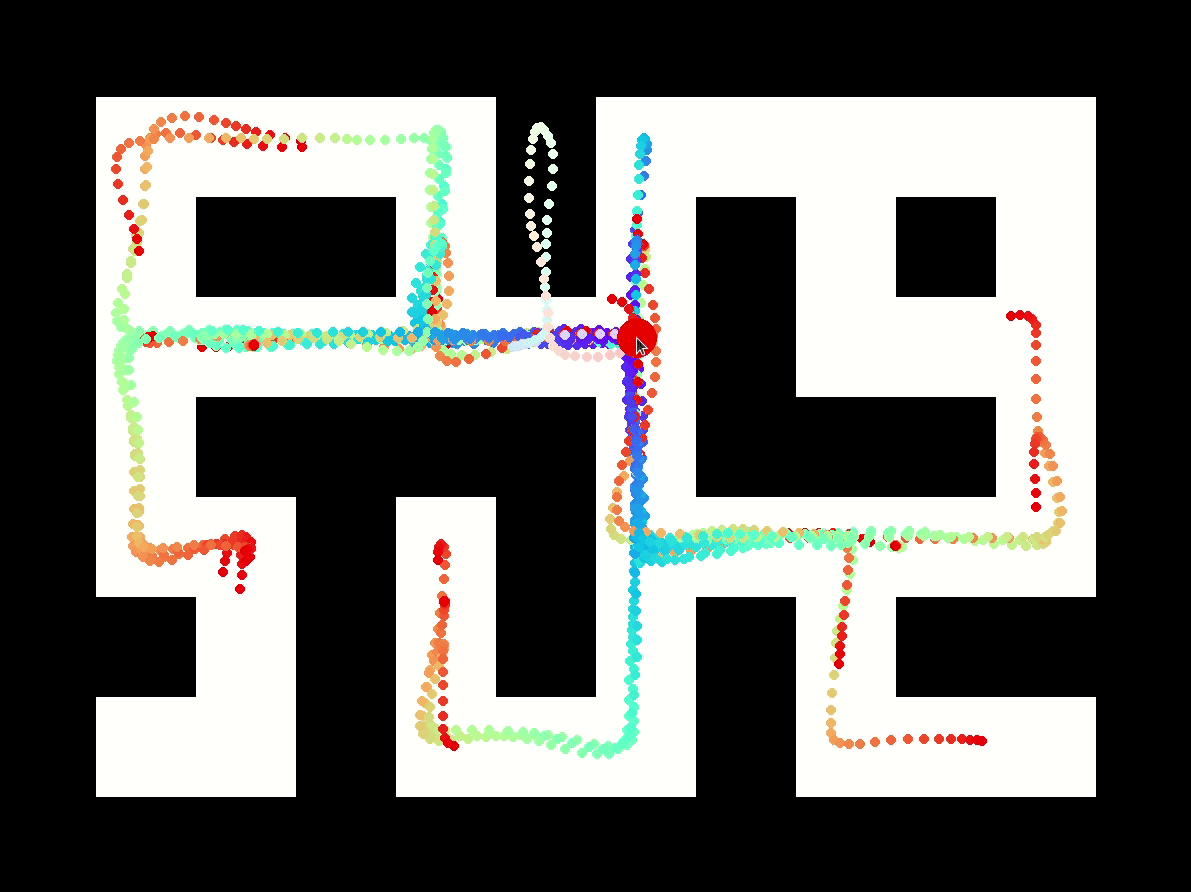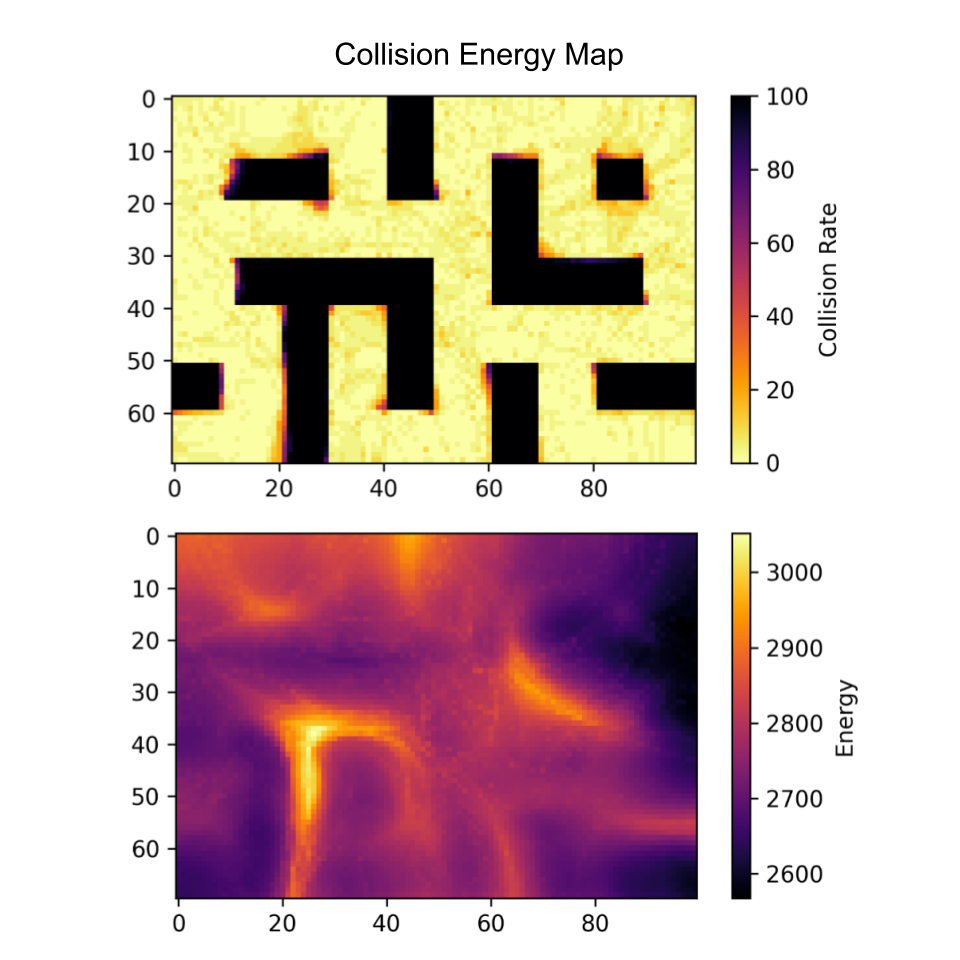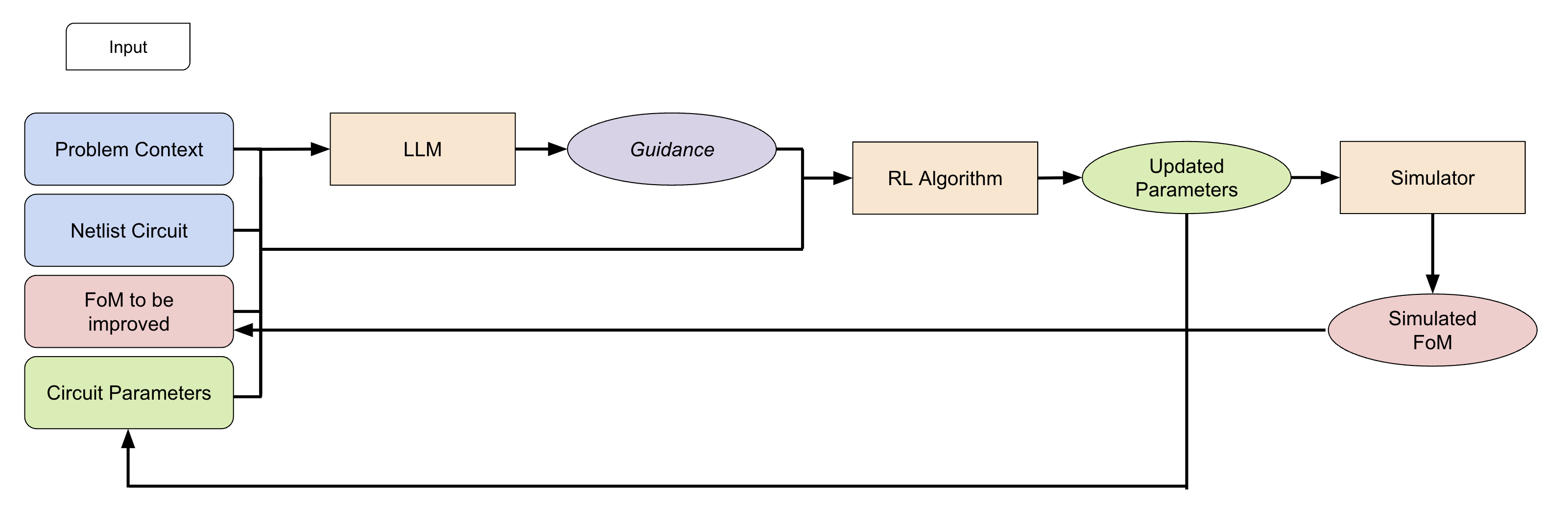|
Irene Terpstra I'm a research scientist at MIT CLEAR LAB where I am working on diffusion models that learn energy landscapes to solve multimodal robotic manipulation tasks that align with human preferences. I recently graduated with my Master’s from MIT, focusing on large language models and reinforcement learning. I want to develop robots that can improve the human experience by assisting people. Working with people would require robots to adapt to human expectations, predictably perform tasks, and identify and react to safety concerns. ML's black-box nature prevents deployment in critical settings and collaborative environments. By increasing model transparency and verifying that the model aligns with human expectations, we can develop collaborative autonomous systems that can be used in the real world. In my free time, I love making fun personal projects, climbing, dancing, and knitting. |

|
ResearchMy past research encompasses a wide variety of robotics topics, from low-level sensor processing to applying statistical uncertainty estimation for reinforcement learning. I am interested in diffusion models, reinforcement learning, collaborative robots, and autonomy. |


|
Policy Editing, Policy Steering with an Energy Based Model
Irene Terpstra, Yanwei Wang We propose a Diffusion Model that learns an energy landscape through contrastive shaping and incorporate human preferences by directly modifying its energy landscape. |

|
Circuit Design through Large Language Models and Reinforcement Learning
Irene Terpstra, Thesis Supervisors: Anantha P. Chandrakasan, Professor, Dean of MIT’s School of Engineering, and Xin Zhang Research Staff Member and Manager, IBM T.J. Watson Research Center I introduced a reinforcement learning model that incorporates the guidance of the LLM to optimize circuit parameters and built a framework to integrate LLMs as heuristic tools with existing optimization methods. This project also developed the infrastructure to evaluate the application LLMs to the circuit design process. |